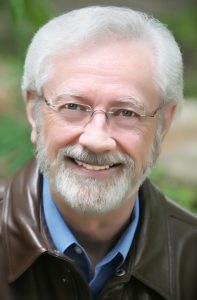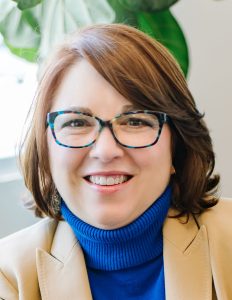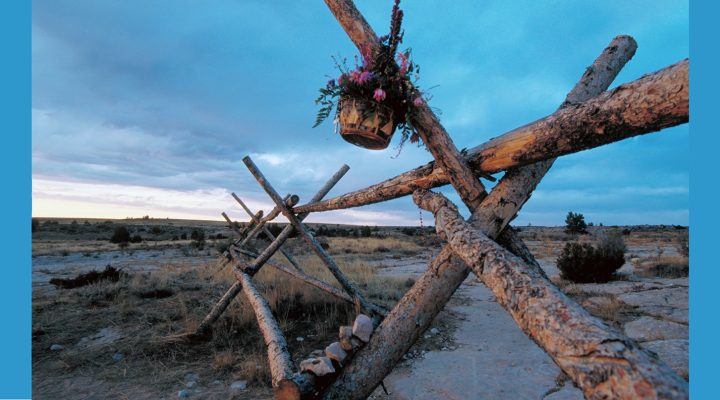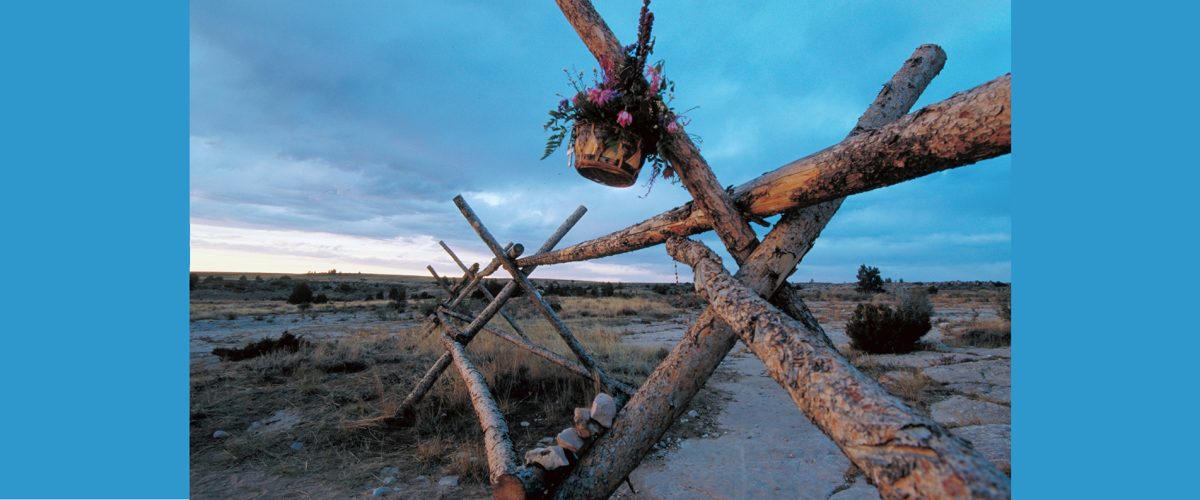This is the seventh and final article in a series on sexual diversity.
If we were profiling you, a reader of Baptist News Global, our profile would look something like this: You are English-language literate; college-educated, probably with some graduate study; you lean moderate to progressive, and there is more than passing probability that you are some version of Baptist or Methodist. You may be a displaced ex-evangelical. If you are a minister, you may trend younger than most of your colleagues. It is likely you are cisgender. How did we do?
What else do we recognize about you? You are a person of some substance — and you are privileged. While there are varying degrees of privilege based on gender, wealth and color, we readers of BNG are privileged by educational status, connections, opportunity and access to dependable, high-speed internet service. And if you are cisgender, you have privilege and opportunities others do not.
Privilege is a gift we are given. We can be unaware of the advantages we use every day, or we can use the privilege we have to advocate for justice and embody empathy. So, how do we do that?

Matthew Shepard
One cold October evening in 1998, Matthew Shepard, a 21-year-old university student, was abducted and savagely brutalized with the butt of a gun by two men, then left to die hanging on a split-rail fence outside Laramie, Wy. He was found almost 18 hours later by a bicyclist who at first mistook him for a scarecrow. Matt Shepard died of his wounds five days later.
Almost a quarter century after this event, we should still be appalled and moved to tears. Why why would anyone do such violence against another living, breathing being, much less a fellow human being? Later it was announced that Matt’s death was a hate crime. Matthew Shepard was gay.
If we were profiling Matthew Shepard, he would look a lot like a BNG reader. He was a blond-haired American male from a close-knit Wyoming family. He was a university student, having graduated high school in Switzerland while his father’s job was transferred to Saudi Arabia for a time. He loved world travel and studied political science, foreign relations and languages. He had a passion for justice.
In such a prejudiced time as this, those who are not heterosexual and cisgender suffer. They are shunned, accused, skipped over when being interviewed, kicked out of homes, refused access to churches and even murdered. What can we do? As we conclude this series of seven articles on “The Troubled Waters of Sexual Diversity,” let us suggest a journey through the following stages from reflection to action.
Reflect. First, we must consider if we are often unaware of our own privilege and the plight of those who are sexually diverse. Do we truly see how the attitudes and systems around us impact others unequally? Is it possible we could be indifferent and blind to the suffering of others? Remember your privileges cost somebody something. Somebody survived the treacherous and often deadly ocean passages to establish your family line here. Somebody was the first in your family to learn to read, to finish school, to go to college and beyond. Somebody died in one of our many bloody wars, and somebody grieved that loss.
“We can put our attention on the stories of people not like us and deeply hear their suffering by attending support groups.”
Become aware. As we recognize our lack of awareness, we should turn away from that state of mind and intentionally expose our thoughts and emotions to the status of opportunities denied to those who are sexually diverse. We can put our attention on the stories of people not like us and deeply hear their suffering by attending support groups. We can examine more clearly the habits of prejudicial perspective from our past and make conscious efforts to alter them to fit the broader message of Jesus to love everybody and treat each soul like they are our neighbor.
We can become sensitive to the pain caused by church congregations and individual Christians who close opportunities to the sexually diverse for worship and belonging. Become sensitive to God’s spirit as we reconsider our perceptions and determine our actions by unlearning and relearning the truth related to “clobber” Scriptures that some may relate to sexual diversity. We should compare Old Testament passages to the great arc of God’s redemptive activity.
Admit responsibility. If we have contributed to the repression of those with sexual diversity, exhibited microaggressions such as not using their preferred name or by not including them equally, then we should admit it and confess it to God. If we have assumed privilege over those within our communities who are “not like us,” then we should admit it. Have we failed to speak up for equity in the light of God’s universal love? God freely forgives and gives us grace as we confess.
Forgive. To move forward, we need to forgive ourselves for those actions and lack of action that are out of alignment with the extravagant love of Jesus. And we need to forgive those who have attempted to deny our own equality and repress our participation in church and society. Forgiveness is necessary for forward movement. In addition, we can let any anger over injustices done to ourselves and others fuel our resolve no longer to tolerate abuse of ourselves or others.
Step up and speak up. We can use whatever privileges we do have to challenge the apathy and outright hostility of those who abuse the privileges and authority they have been given — even and especially if the privileges and authority are within the church against the sexually diverse. Empower the sexually diverse by example and physical presence to speak up for themselves. Stand beside those unable to speak up for themselves and those they love. Accompany someone to a meeting or appointment to show your support. Take the opportunity to protest, vote and actively support those who need strength.
We should pay it forward. Somebody gave you a chance, offered you a job, recommended you for a promotion, welcomed you at church — in spite of your being Irish, or female, or some other “undesirable.” Remember the names of those in your past who stepped out of their comfort zone to make room for you. You are where you are today, whoever you are, because of the faithfulness, generosity and courage of someone, at least one. Turn your heart toward the sexually diverse. Reflect and then take the next step: Act. Now it is our turn to extend God’s universal love.

Dan McGee
Dan McGee is an author, blogger and consultant on spiritual issues with an extensive background in psychology and ministry. He is an ordained Baptist minister with a bachelor’s degree from Baylor University, master’s degree from Southwestern Baptist Theological Seminary and Ph.D. from Texas Woman’s University. As a clinical sexologist and director of the Hardin-Simmons University Graduate Program in Family Psychology, Dan directed the Family Psychology Center and was responsible for clinical supervision of all interns in practice there and at satellite centers across West Texas. He is the author of Celebrating Sex in Your Marriage and Experiencing God’s Presence.

Annette Miller
Annette Miller is interim chief of staff in a startup mental wellness endeavor in North Texas. She also is a leadership development consultant using The Birkman Method® through her own company serving churches and businesses. She earned a bachelor’s degree from Oklahoma Baptist University and an MBA from University of Central Oklahoma. She is the author of Daring the Dark: A Workbook for Exploring Your Evolving Spiritual Questions and co-editor for Radical Excellence. She is a Stephen Minister and hosts the LifeSync Questions blog.
Previous articles in this series:
When a teenager gets kicked to the curb by Christian parents
Understanding sexual diversity: Invisible people
The troubled waters of sexual diversity: Willful blindness
Why can’t we accept sexual and gender diversity in humans as well as in all creation?


